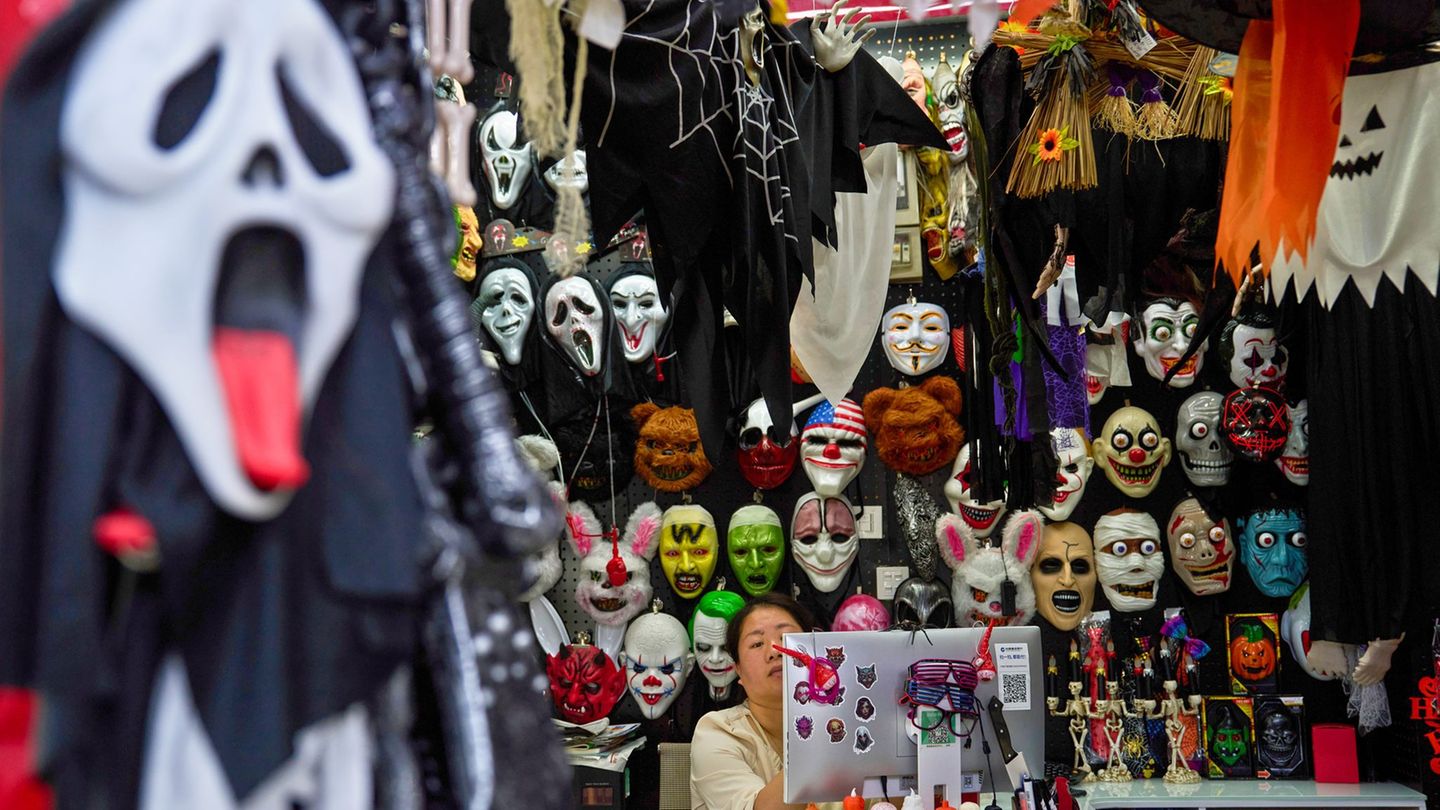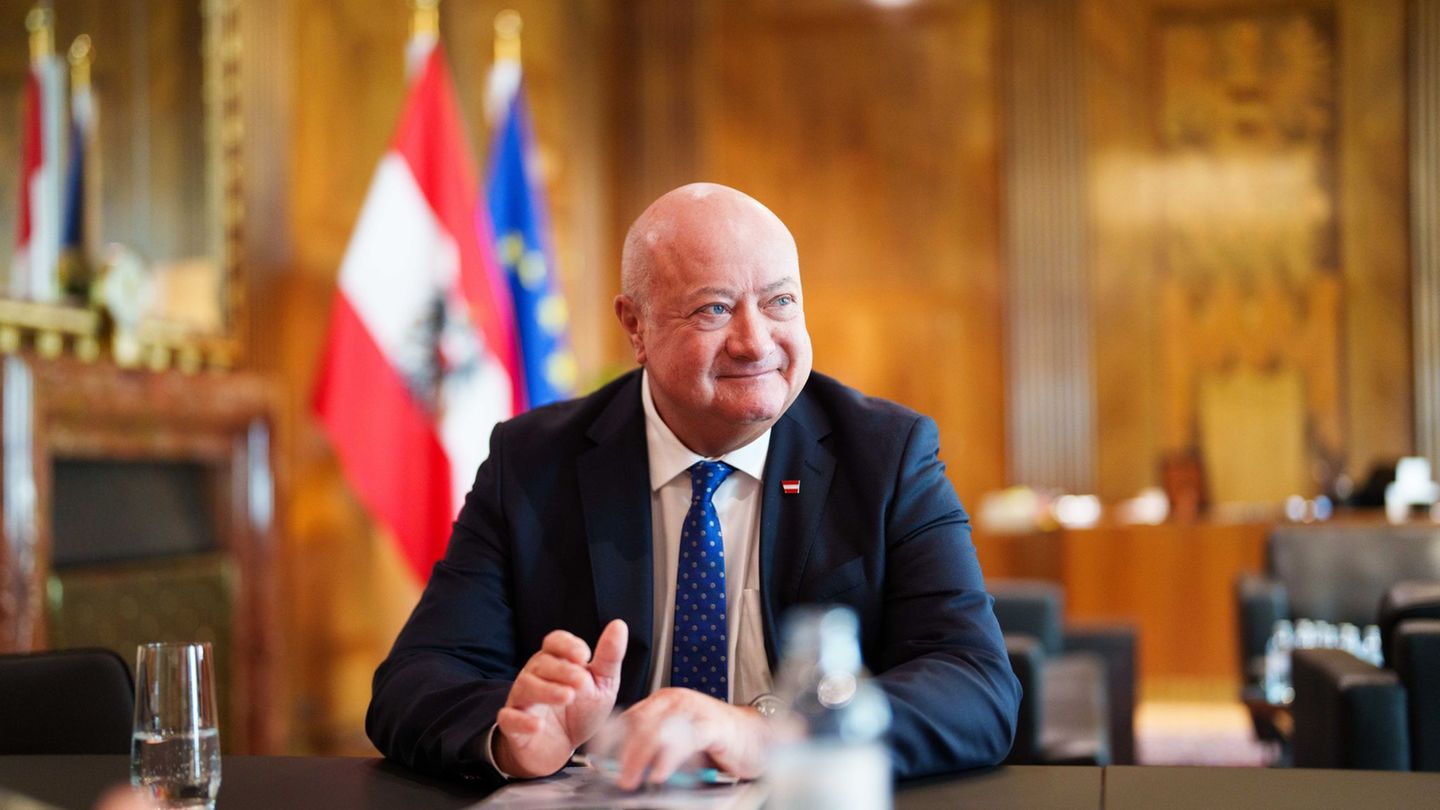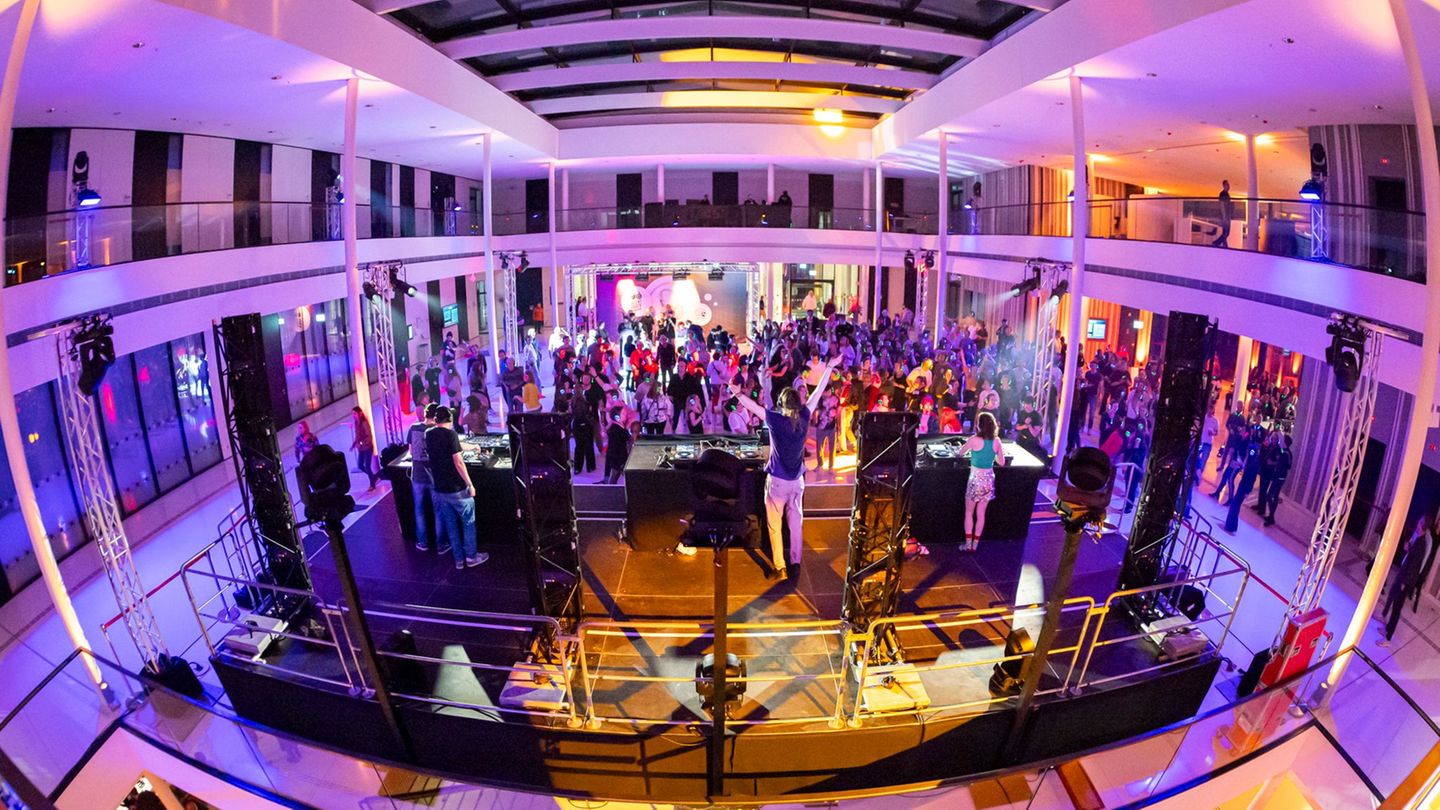Moscow is trying to strengthen its influence in the Western Balkans in parallel with the war of aggression in Ukraine. The Foreign Minister wants to send a European signal in Podgorica and Sarajevo.
In view of Russian attempts to influence, Foreign Minister Annalena Baerbock has called for strong support for the Western Balkan states on their path to the European Union. “We cannot afford gray areas anywhere in Europe and must do everything we can together to close flanks that Russia can use for its policy of destabilization, disinformation and infiltration,” demanded the Green politician before leaving for Montenegro and Bosnia-Herzegovina.
“This includes supporting the countries of the Western Balkans to strengthen their democratic institutions, improve their resilience and offer their people economic prospects,” she added.
Montenegro and Bosnia-Herzegovina are among the so-called Western Balkan countries. This also includes Albania, Serbia, North Macedonia and Kosovo. The EU is demanding decisive reforms from the countries. In Brussels, Montenegro is seen as furthest along in the accession process. EU enlargement is not expected until the end of the decade at the earliest. The EU has been conducting accession negotiations with Montenegro since 2012. Bosnia-Herzegovina has candidate status but is not yet in negotiations.
EU should do homework on enlargement
“The fact that we are supporting the six states in the region with all our strength on their way to the European Union has become a geopolitical necessity, especially in view of Russia’s brutal imperialism,” explained Baerbock. As the EU, we have “the common homework of preparing ourselves for the future while putting more chairs at the European table.”
Montenegro has been an ally in NATO for years, said the Federal Foreign Minister. During the EU accession process, the country set itself an ambitious agenda and is now boldly tackling it again. Their talks in the capital Podgorica will also focus on how Montenegro can make even better progress in reforming the rule of law and in the fight against corruption and organized crime. Baerbock wanted to hold talks in Podgorica with Prime Minister Milojko Spajic, Foreign Minister Filip Ivanovic and President Jakov Milatovic.
EU perspective also in focus in Bosnia-Herzegovina
A meeting with the state presidency was planned for the evening in Sarajevo, the capital of Bosnia-Herzegovina. It consists of one representative each of the Bosniak, Serbian and Croatian ethnic groups: Denis Becirovic (Bosniak), Zeljka Cvijanovic (Serbian) and Zeljko Komsic (Croatian). The chairmanship rotates every eight months. The Federal Foreign Minister also wanted to speak to the High Representative of the international community in Bosnia-Herzegovina, the German Christian Schmidt.
Russian and Serbian influence on Montenegro
Two declared pro-Europeans, Prime Minister Spajic and President Milatovic, have been in power in Montenegro since 2023 – like their predecessors. However, Spajic could only be elected with the support of pro-Russian and pro-Serbian small parties.
Huge debt to Beijing
Montenegro has become enormously indebted to China. The background is the construction of a highway that the Chinese want to build from the Adriatic to the Serbian border by 2030. Since construction began in 2009, only around 40 of the approximately 167 planned kilometers have been completed. It is said that the Montenegrins were ripped off – most recently there was talk of a total cost of 2.7 billion euros. It is possible that corruption was also involved.
Divided Bosnia-Herzegovina
Bosnia-Herzegovina is divided into the entities called the Federation of Bosnia-Herzegovina (abbreviated FBiH) and the ethnic-Serbian part Republika Srpska (RS). The president of the RS is the Serbian nationalist Milorad Dodik, who is seeking secession. Dodik has to stand trial in Sarajevo because he caused decisions by the representative of the international community, the German Christian Schmidt, to no longer be published in the RS official gazette.
Recently, Dodik visited long-term Belarusian ruler Alexander Lukashenko and Russian President Vladimir Putin, who awarded him Russia’s prestigious Order of Nevsky.
Source: Stern
I have been working in the news industry for over 6 years, first as a reporter and now as an editor. I have covered politics extensively, and my work has appeared in major newspapers and online news outlets around the world. In addition to my writing, I also contribute regularly to 24 Hours World.




